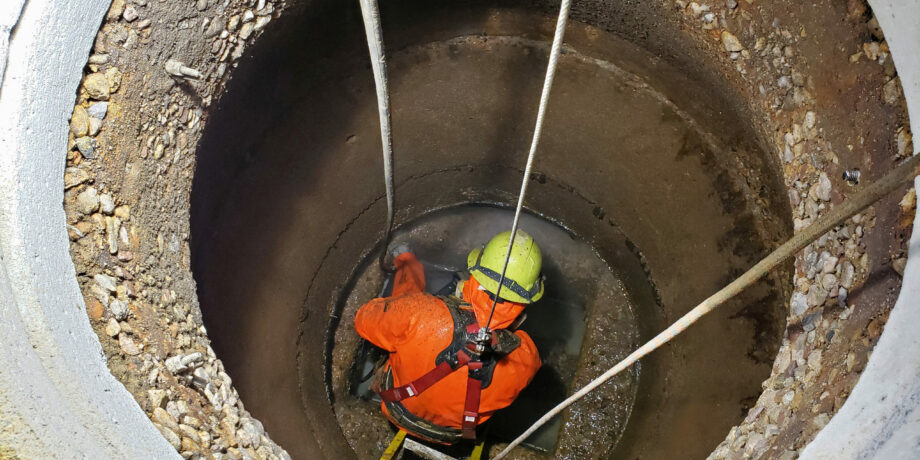Sanitary Sewer System Condition Assessment Support
Project Highlights
- High quality inspections were performed on 1.4 million feet of sanitary sewer system
- Assisted in the development of the Manhole Rehabilitation Program encompassing nearly 9,800 manholes.
- City population of 105,000
Sewer System Condition Assessment Support for Boulder, CO
In response to heavy rainfall events which caused flooding and significant inflow and infiltration into its sanitary sewer system, the City of Boulder (“City”) embarked on an aggressive and comprehensive evaluation and rehabilitation initiative. This initiative known as the System-Wide Sanitary Sewer CCTV Inspections Program was implemented to accurately identify and prioritize sanitary sewer lines and manholes in need of rehabilitation. The City initiated a system-wide condition assessment inspection program in 2016, engaging Providence Infrastructure Consultants (PIC) to provide quality assurance and data management oversight to ensure that the City’s inspections contractor, and their multiple teams, was consistently performing high-quality asset cleaning, inspections, and assessment scoring. Out of these efforts the baseline for a comprehensive Manhole Rehabilitation Program was established.
The project’s goal was to quickly and comprehensively identify and prioritize sewer line and manhole assets for rehabilitation within a strict 5-year deadline, spanning from 2016 to 2021. Budget constraints necessitated careful management of investments. The primary challenge lay in obtaining consistent and high-quality inspections of thousands of assets, each varying in material, size, age, and location throughout the City.
PIC’s support focused on providing the City and their inspections contractor with quality assurance audits to ensure rehabilitation decisions would be made based on consistent and high-quality data in accordance with program goals. These audits, conducted by National Association of Sewer Service Companies (NASSCO) certified personnel, were customized to meet City needs. The audits involved reviewing a set percentage of overall assets, with particular attention given to data collected from new contract inspection technicians until their field quality was established. PIC’s solution was steered by the experience and tenure of the contract inspection technicians working on behalf of the City. As the project progressed, PIC’s services resulted in increasing levels of quality data being provided which led to more informed rehabilitation decisions being made.
Through PIC’s thorough quality assurance audits and data management oversight, the City of Boulder increased the value of its rehabilitation program efforts. By judiciously identifying and prioritizing sewer assets for rehabilitation, the City set the foundation for successfully preventing service interruptions, sewer backups, and overflows. Furthermore, as informed rehabilitation efforts take place, notable reductions in influent into the downstream wastewater treatment plants are expected, along with a decrease in future operation and maintenance costs. Ultimately, the overall rehabilitation project is enabling the City to achieve its environmental protection goals while ensuring the long-term sustainability and resiliency of its sewer infrastructure.
